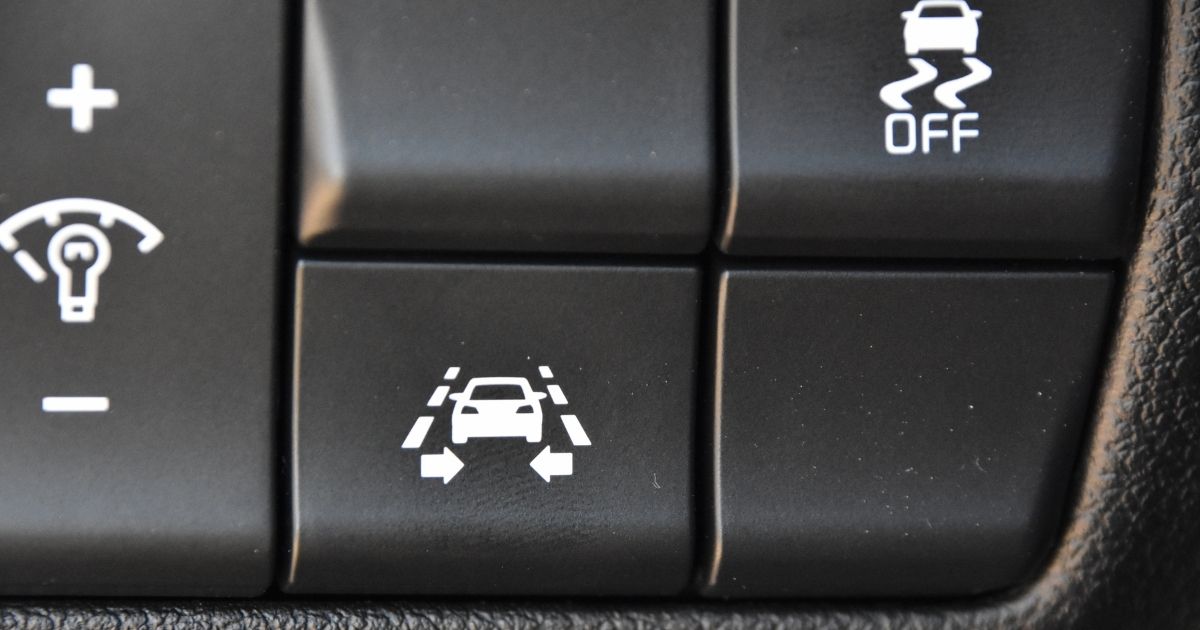There is no doubt that advances in technology have made automobiles safer over the past few decades. From airbags to lane departure warning systems, car accidents have been reduced, and countless lives have been saved because of these improvements. Adaptive cruise control (ACC) is one feature that is found in some modern cars. The ACC system maintains a safe driving distance between you and the vehicle in front while controlling the speed to keep that distance. However, ACC can be dangerous when misused.
To take advantage of a vehicle’s safety systems is knowing how and when to use them. This is especially true when using ACC. ACC is a great feature to use when appropriately used, but knowing how to use it is critical. Like standard cruise control, ACC uses radars or lasers to measure the car’s surroundings and allows the driver to set a speed. The system then maintains this speed while keeping a safe distance between the driver and other vehicles, either faster or slower.
Recent studies have shown that ACC can be dangerous when misused. According to the Insurance Institute for Highway Safety (IIHS), drivers who use ACC will likely set their speed high over the limit, believing that the system will correct itself and be safe. Because of this assumption, drivers who use ACC are 10 percent more likely to get into a fatal crash. Researchers also found that those who use ACC are 95 percent more likely to travel faster than the speed limit, while those who do not use ACC are 77 percent more likely. Over 25 percent of all fatal car crashes are caused by speeding.
When and When Not to Use ACC?
Over-reliance on ACC makes it dangerous. ACC should be used in dry conditions and on straight highways without stopping or slowing down. Mainly conditions where you are “cruising” for an extended period.
You do not use ACC with slower traffic, many turns or curves, or stop-and-go conditions. Using ACC in the city or suburbs with many stop signs or traffic lights can be dangerous. Twisty roads are not ideal either. Generally, you should not use ACC in situations where the driver needs to slow down frequently.
You also do not want to use ACC in rainy, snowy, or icy conditions. It would help reduce your speed while driving in inclement conditions, and using ACC lowers your control over the vehicle. Slick roads can cause skidding where the tires lose grip, and a driver needs to pay full attention when driving in less-than-ideal conditions. Furthermore, a driver needs to turn off the ACC to slow down, which may take too much time in an emergency.
Many ACC-related accidents happen because a driver does not understand how it works or when to use the feature. For example, a driver may think that if a car does an abrupt stop in front of them, the ACC will brake automatically. ACC is strictly meant for cruising, and the system may not react accordingly or as quickly as an actual driver.
West Chester Car Accident Lawyers at Eckell Sparks Help Those Injured by Negligent Drivers
Although ACC is convenient, misusing it can easily lead to an accident. If a negligent driver has injured you, you may be entitled to compensation. Contact one of our West Chester car accident lawyers at Eckell, Sparks, Levy, Auerbach, Monte, Sloane, Matthews & Auslander, P.C. for legal help. Call us at 610-565-3701 or fill out our online form for an initial, private consultation. Located in Media and West Chester, Pennsylvania, we proudly serve the communities of Delaware County, Chester County, and Montgomery County.

